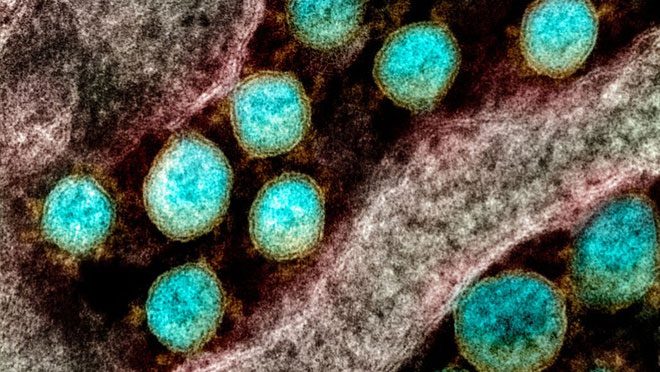Natural super antibodies found in the bodies of people who have recovered from Covid-19. They can inactivate even the concerning nCoV variants such as Alpha, Beta, and Delta.
This discovery was made by a collaborative team of authors from China, the United States, and South Africa and published in the journal Science.
The super antibodies identified have the ability to neutralize numerous nCoV variants, even at ultra-low molecular concentrations. Additionally, in vitro, these super antibodies can combine to reduce the risk of mutations in nCoV.
According to Medical News, scientists identified these super antibodies from plasma samples of patients who had recovered from Covid-19. The expert team isolated and characterized antibodies against the receptor-binding domain from patients who had recovered from the disease.
The antibodies were isolated from four plasma-donating patients who were infected with the Washington nCoV variant (WA-1), the strain circulating in the United States.
Four very potent neutralizing antibodies specifically target the receptor-binding domain. Even at the nano level, they exert pressure and inactivate nCoV, preventing the virus from producing mutations. Therefore, the authors refer to them as “natural super antibodies.”

The newly discovered super antibodies can inactivate up to 23 variants of nCoV. (Photo: NIADS).
According to Medical News, all antibodies tested showed the strongest inactivation capability against the D614G mutation in the WA-1 variant. Further analysis revealed that the super antibodies maintained their potency against 10 other variants.
Notably, three out of four tests showed that they inactivated 13 variants classified by the World Health Organization as variants of interest/concerning, such as Alpha (B.1.1.7), Beta (B.1.351), Gamma (P.1/P.2), Delta (B.1.617/B.1617.1/B.1.617.2), B.1.427, B.1.429, B.1.526…
Moreover, the authors discovered that combining these super antibodies during treatment could reduce the risk of mutations in the virus, preventing them from evolving and developing drug resistance.
The majority of antibodies currently used to treat Covid-19 patients are designed based on the mutated protein sequence of the nCoV strain first identified in Wuhan. This nCoV strain is temporarily considered the original strain.
However, these antibodies are less effective in neutralizing new concerning variants (VOC group, as classified by the World Health Organization) such as B.1.1.7, B.1.351, P.1, and B.1.617.2.
Therefore, the aforementioned new research is highly valuable in the effort to curb the pandemic. Since nCoV mutations occur frequently, especially with the current rate of spread, the likelihood of new variants forming is even higher. Preventing the virus from mutating with dangerous mutations will help us stay one step ahead.
However, the new research is still limited to laboratory settings. Further studies and trials are needed to use it in treating Covid-19 patients.




















































